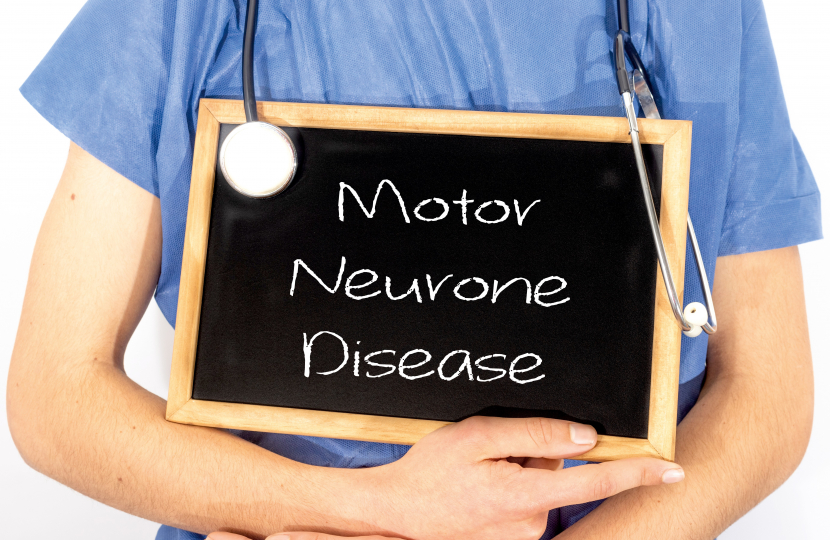
Sir Gavin Williamson, MP for South Staffordshire, has urged the Government to help those suffering from motor neurone disease and other terminal conditions make adjustments to their homes.
On Monday, 28th March, the MP for South Staffordshire asked the Secretary of State for Levelling Up, Housing and Communities to help ensure Disabled Facilities Grant applications are processed more quickly and easily for those suffering from terminal conditions like motor neurone disease.
Motor neurone disease (MND) is a progressive terminal illness which affects the nerves in the brain and spinal cord called motor neurones, damaging them over time and preventing messages from the motor neurones reaching the muscles. This can affect the ability of people with MND to walk, talk, eat, drink, and breathe.
Campaigners for MND note that, due to the quick progression of the disease, sufferers require quick access to home adaptations so that they can have the necessary support for their complex needs.
Though responsibility for administering Disabled Facilities Grants lies with local authorities, the Secretary of State can issue guidance to these authorities on how to administer them.
Sir Gavin said: “It is important that we do everything we can do to help make the lives of those living with motor neurone disease and other terminal illnesses easier as quickly as possible. I urge the Secretary of State to issue this important guidance to local authorities so that all those with MND get the adjustments they need at home without delay.”
Susie Rabin, Head of Policy and Campaigns at the MND Association, said: “MND can be an unpredictable and rapidly progressing disease. Too often, people with MND die trapped in unsafe and inaccessible homes still waiting for adaptations to be approved or installed.
“Research conducted by the MND Association has found significant variation in support councils in England provide for home adaptations and many councils failing to provide sufficient support. We are calling on councils to use their discretionary powers to ensure that they are meeting the needs of people living with MND.”

